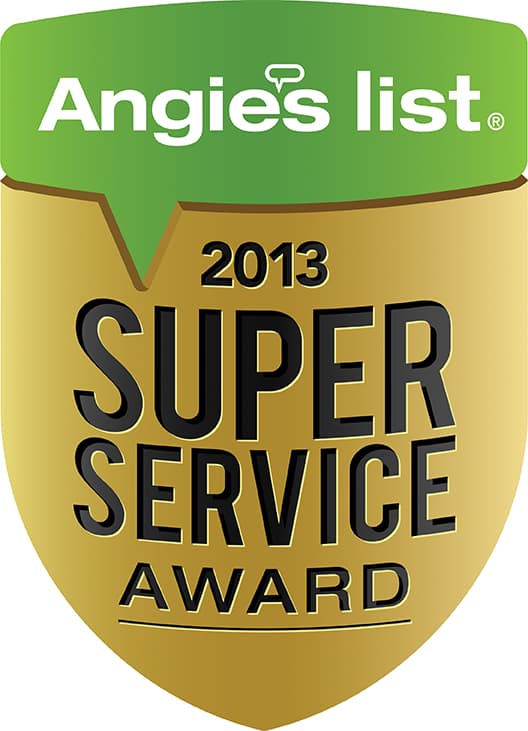Front-Load vs. Top-Load Washer: Which is Better?
A washing machine is a major purchase, and before you buy, you should be fully informed. Not only are there a lot of different brands, there are different types of machine, so the first decision is whether to get a front-load or top-load machine. Which is better? That depends on what you’re looking for. In this blogpost, we will look at a number of different factors that you should consider. Then you can decide what is best for your family.
Cost
The majority of washing machines in the U.S. are the top-loading type, including the newer GE models that don’t have the center-post agitator. Unsurprisingly, top-loaders are usually less expensive than front-loaders. However, because of other factors, front-loaders may well save you money in the long run. So if your major concern is the initial outlay, a top-loader would be your choice, while if you want long-term savings, a front-loader is best.
Time
Traditional top-loading washers have run times between 35 and 65 minutes, and the newer HE top-loaders have cycles from 60 to 80 minutes. Front-loader cycles are substantially longer, between 75 and 120 minutes. That’s because the laundry needs to rest in the shallow pool of water and detergent periodically rather than being immersed in water constantly.
Cleaning Effectiveness
Front-loaders are better at cleaning fabrics in general, and in getting stains out of clothes without pre-treating. That’s true even when compared to the newest models of top-loading machines. The reason is simple: front-loaders work with gravity. The clothes in a front-loading machine are pulled up by the rotation of the drum, then fall against each other as they come down. This tumbling action is much more effective than the twisting motion of top-loading machines. But you should think, too, whether you require intensive cleaning action. Are your clothes regularly very dirty? Do you hate pre-treating stains? If cleaning effectiveness is your main objective, the answer is easy; if not, read on.
Water Conservation
Top-loaders work by filling the drum with water (and detergent) and then agitating the clothes in a twisting motion. There needs to be enough water in the drum to fully immerse all the material. In a front-loading machine, there is a shallow pool of water at the bottom of the drum and the clothes are dragged through it repeatedly by the action of the drum. Compared with a typical HE top-loader, front-loaders use about 5 fewer gallons of water per cycle, or around 2,000 gallons per year based on estimates for average use. That’s a lot of water you can save by having a front-loading machine.
Energy Use
Front-loaders are more energy efficient. Obviously using less water translates into less energy since that means less water needs to be pumped in (and out) and heated. Also, front-loaders extract a lot more water out of the laundry, so if you use a dryer rather than hanging your clothes out, that translates into an energy savings since you’ll need a shorter cycle on your dryer. Overall, front-loaders use less than half the electricity of a standard top-loading machine.
Maintenance
The maintenance of a top-loader is easier than that of a front-loader. Front-loaders have been known to smell, and unless maintained properly you can have a problem with mold in your machine. Front-loaders
have a tub-clean feature that should be run on a regular basis and some basic cleaning habits can mitigate this issue.
Design
Finally, you should consider what design works better in your house. Front-loading machines are usually stackable, so your washer and dryer take up less floor space.
Think about all of your family needs when choosing whether to go with a front-loader or top-loader. Once that decision is made, you can begin comparing brands.








